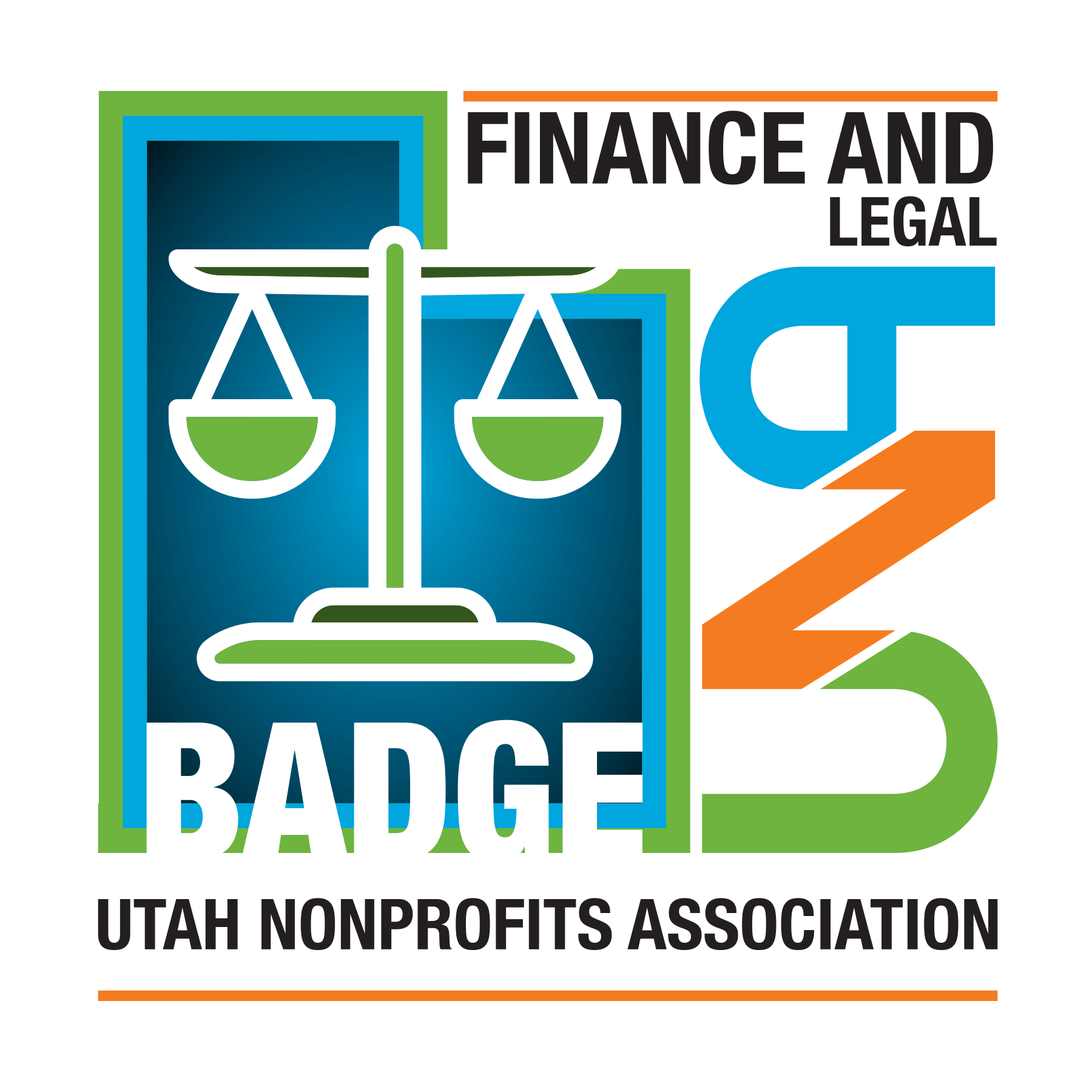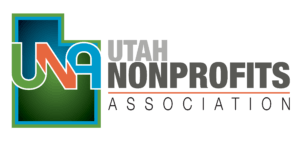
Keep Calm and Stay Compliant
Transparency and accountability aren’t just buzzwords—they’re the bedrock of trust for your nonprofit. And with the IRS stepping up audits for 501(c) organizations, staying on top of your game isn’t optional.
That’s where the Nonprofit Credential in Finance and Legal comes in. Think of it as your cheat sheet for compliance, donor trust, and funder expectations.
You’ll learn to:
- Know your legal must-dos as a nonprofit.
- Protect info, honor intent, and send those perfect tax receipts.
- Show off sound practices with spotless documentation and timely reports.
- Master tools and retention strategies for smooth sailing.
Compliance? Check. Trust? Locked in. Your organization? Ready for success that lasts.
Upon completion, your organization will earn the Nonprofit Credential Finance and Legal Badge, a mark of excellence to share with your network and show the world you’re serious about making an impact.
Finance and Legal Nonprofit Credential will be held on July 16 and 17, 2025.*
Each of the nine Nonprofit Credential courses is offered online, once in a calendar year. Please check the UNA Event Calendar for all upcoming courses.
While it's more beneficial to attend the live courses, we record the sessions so you can watch them on your schedule.
Cost:
UNA Member Rate: $180 for the first person/$40 for each additional participant
Not-Yet-Member Rate: $360 for the first person/$80 for each additional participant
*Dates are subject to change up to 30 days prior to the first session.
Finance and Legal Badge Requirements
In order to receive the Nonprofit Credential Badge for the Credential in Finance and Legal, the organization must submit the following items for review:
Please follow specific guidelines in the participant folder, as they are always going to be the most current.
1.0 Articles of Incorporation and Bylaws and Bylaw Review
Organization’s bylaws, including description of voting procedures, number of board members, terms of office, method of removal from office, how bylaws are revised, and description of officers and their duties.
1.1 Document the most recent review of bylaws, including who was involved in the review and when it occurred.
2.0 Policies and Procedures
Policies and Procedures manual or similar compilation of organization’s policies, including code of conduct, whistleblower policy, non-discrimination policy, document retention and destruction policy, and conflict of interest policy. Include date of most recent review of policies and procedures and who was involved in its review.
3.0 Training
Document ongoing staff, board, and volunteer training on policies and procedures. A training calendar, a sample of recent training, a document outlining how policies and procedures trainings occur in the organization, a sample volunteer orientation packet, a sample staff handbook or similar proof would satisfy this requirement.
4.0 Board Minutes
Document your organization’s method of compiling and archiving the minutes from board meetings. Describe how minutes are taken and by whom, how they are stored, how amendments/revisions are noted and how the minutes are made accessible.
5.0 Code of Ethics
Provide a copy of your organization's dated, signed UNA Standards of Ethics or other board approved code of ethics.
6.0 Finances
Document the organization’s financial record-keeping practices.
7.0 Financial Oversight
Provide a list of board members or other individual(s) who provide financial oversight to the organization. Note the dates of the three most recent meetings.
8.0 Policies Governing Oversight
Charter, policies or governing document denoting the responsibilities and parameters of the financial oversight body or person(s).
9.0 Filings
Calendar or checklist of state and federal filings, which includes dates of most recently submissions and upcoming due dates.
10.0 Financial Planning/Goals
Provide documentation that the board has concrete long- and short-term financial goals and methods of assessing progress towards those goals. Examples of this may include a financial strategic plan, a list of organizational financial priorities for income and expenses, a financial performance dashboard or similar proof.
11.0 Budget
Recent, dated sample of the organization’s working budget.
12.0 Donor Acknowledgement
Provide a sample of organization’s donor acknowledgment letter.
13.0 Donations
Document your process for accepting and acknowledging monetary, in-kind, and other forms of donations/gifts, including providing tax receipts.
14.0 Internal Controls
Document your process for protecting the organization from fraud, abuse and/or negligence. This may include reference to separation of duties, conflict of interest policy, check-signing policies, work of Executive Committee as oversight body and/or similar proof.
15.0 Financial Reports Verification
Document how the board independently verifies the accuracy of the financial reports it receives and ensures its financial mandates are carried out. Examples of this may include description of work by financial oversight committee or individual(s) appointed by the board, organizational audit, or similar proof.

Subject Matter Expert: Kyle Robbins
Kyle Robbins is an audit partner for Larson & Company PC where he leads the firm’s nonprofit practice. As a Certified Public Accountant, he specializes in providing audit services to a variety of industries. During his career, Kyle has worked with nonprofit organizations, auto dealerships, manufacturing companies, professional service firms, and insurance companies. He graduated with a B.S. in Accounting and Master of Accounting from Brigham Young University. He is also a member of the American Institute of Certified Public Accountants and the Utah Association of Certified Public Accountants. Kyle holds the AICPA Nonprofit Certification and is an expert in the application of nonprofit accounting and auditing standards. He also understands the complex governance models of nonprofits. Kyle is active in the community and enjoys providing trainings to the nonprofit community whenever he can. Kyle has served on boards and committees for local nonprofits for the past 8 years. He enjoys reading and playing basketball, tennis, and pickleball. However, his favorite thing to do is anything with his wife and three kids.

Subject Matter Expert: Brent Andrewsen
Holland and Hart
Brent serves as a trusted advisor to his clients, both individuals and organizations, in all aspects of charitable planning, wealth management, and business planning. His practice focuses on nonprofit and tax-exempt organizations, assisting them with their board governance, qualification and maintenance of exempt status, and legal audits when necessary. Additionally, Brent offers clients sophisticated estate planning and tax-efficient strategies to manage their wealth and reduce their potential tax liabilities. Brent often assists clients in a general counsel role, advising on a variety of legal needs, including tax planning, integration of estate plans, and charitable wishes. He counsels clients on business matters and helps them form various business entities and transactions.

Subject Matter Expert: Michael Durham
Kirton | McConkie
Mr. Durham is a member of the firm's Tax and Estate Planning section. He has advised some of the nation's largest private foundations, museums, hospitals, high-technology nonprofits, newly formed organizations and donors wishing to structure their gifts to maximize tax savings. Mr. Durham has considerable experience in the rules governing private foundations, private operating foundations, supporting organizations and donor-advised funds, as well as tax-exempt bond issues and unrelated business activities of exempt organizations.
In addition, Mr. Durham has represented large charities before the IRS on audit, seeking initial recognition of exempt status, and in specific ruling requests. He has also represented clients before Treasury and Congress regarding new or pending law and regulations.
